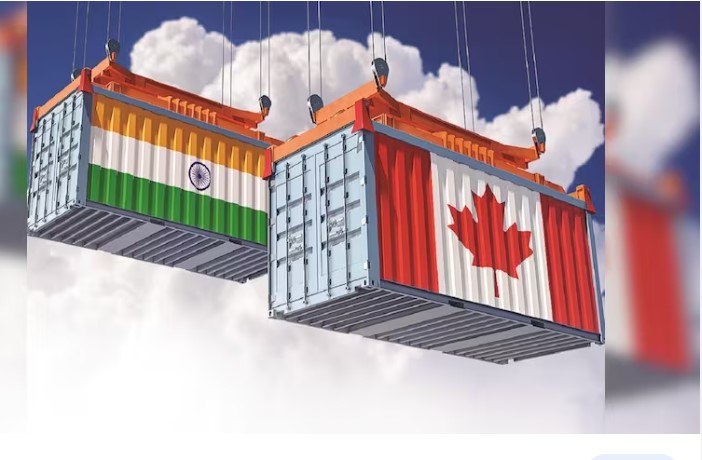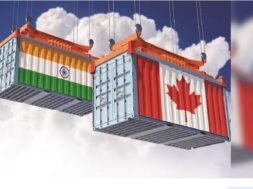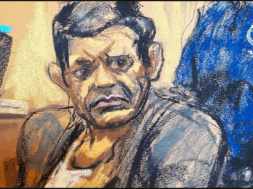
Money matters: Tight-rope walking, Canada may lose more than India
Virendra Pandit
New Delhi: As his opponents and social media dug out dozens of controversies involving Prime Minister Justin Trudeau—in February 2021, the Sikh truckers, who largely control Canada’s surface transport system, forced him to flee with his family on the COVID-19 compulsory vaccination issue—India turned more screws on him, issuing a travel advisory to its citizens visiting the North American nation currently facing isolation everywhere.
Meanwhile, Sikhs for America’s founder-Chairman Jassee Singh on Tuesday said Trudeau is “digging a hole for himself” in Canada.
“Sikhs always feel hurt” because of that history, he said during a Hudson panel discussion on terrorism and other regional security challenges, according to the media reports.
The so-called “Khalistan movement” is not significant among Sikhs in North America these days, but the issue does retain more resonance among the diaspora compared to those in India who have moved on.
Amid these controversies, Canada issued a travel advisory on Tuesday warning its citizens against traveling to Jammu and Kashmir, and Ladakh. India also followed suit on Wednesday.
“In view of growing anti-India activities and politically-condoned hate crimes and criminal violence in Canada, all Indian nationals there and those contemplating travel are urged to exercise utmost caution,” the advisory said.
“Recently, threats have particularly targeted Indian diplomats and sections of the Indian community who oppose the anti-India agenda. Indian nationals are therefore advised to avoid traveling to regions and potential venues in Canada that have seen such incidents.”
Nearly two million people of Indian origin live in Canada and thousands travel there each year for business, tourism, education, and other purposes. Besides, a large number of Indian students also go there each year, their number being over 226,000 in 2022. India is the largest source of international students in Canadian universities and colleges.
Clearly, Indians are contributing to Canada’s economy in a significant manner.
But the growing tensions between the two countries over the alleged murder of a Khalistani terrorist might dampen their burgeoning economic relationship that goes far beyond mere commodities.
According to the media reports, investments between the two nations had seen a significant rise, reaching C$36.2 billion (Rs. 2.24 lakh crore) in 2022. It marked a 37 percent increase in just four years, according to data from Statistics Canada.
Prof. Vivek Dehejia, an Economics Professor at Ottawa’s Carleton University, said their financial connections are very strong. The recent diplomatic fallout could have a “chilling effect” on investment flows.
Three large Canadian pension funds—Canada Pension Plan Investment Board, along with funds for Quebec workers and Ontario teachers—have established offices in Mumbai and New Delhi. Together, these funds manage more than C$1.2 trillion (Rs. 74 lakh crore).
Canada Pension Plan Investment Board, the largest pension manager in Canada, disclosed an investment of C$21 billion (Rs. 1.74 lakh crore) in India a few months ago. Its major holdings include a 2.7 percent stake in Mumbai-based Kotak Mahindra Bank Ltd. and stakes in around 70 other Indian publicly traded firms.
The Caisse de Depot et Placement du Quebec and Ontario Teachers’ Pension Plan also have significant investments in India, amounting to C$8 billion (Rs. 49,500 crores) and over C$3 billion (Rs. 18,500 crores) respectively.
Talks for a potential trade deal between India and Canada have, however, been put on hold because of the current tension.
In 2022, Canada exported goods and services worth C$11.6 billion (Rs. 71,700 crore) to India, including commodities like lentils, metallurgical coal, and newsprint. India’s exports to Canada were about C$ 4.25 billion, primarily smartphones and railway cars.














